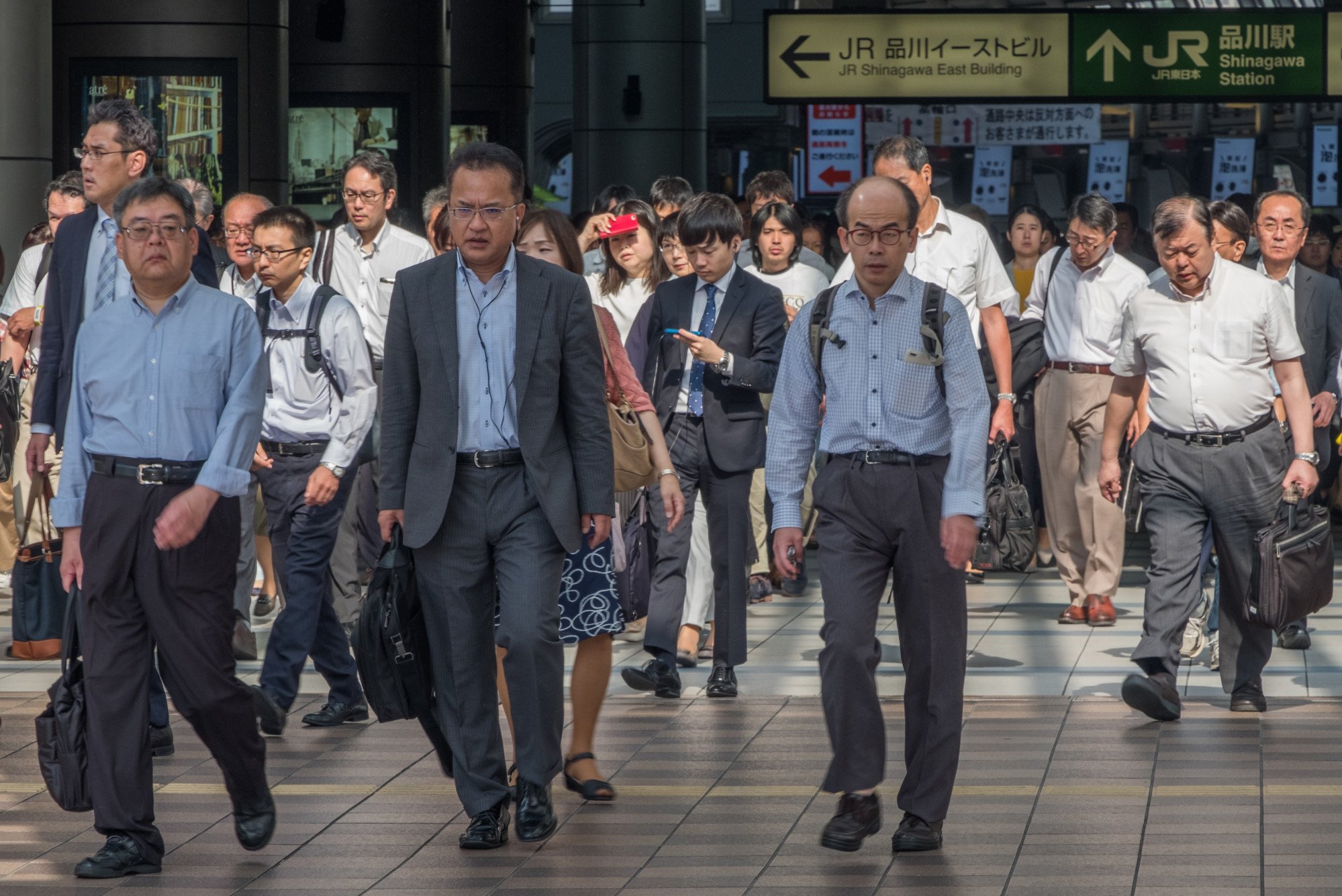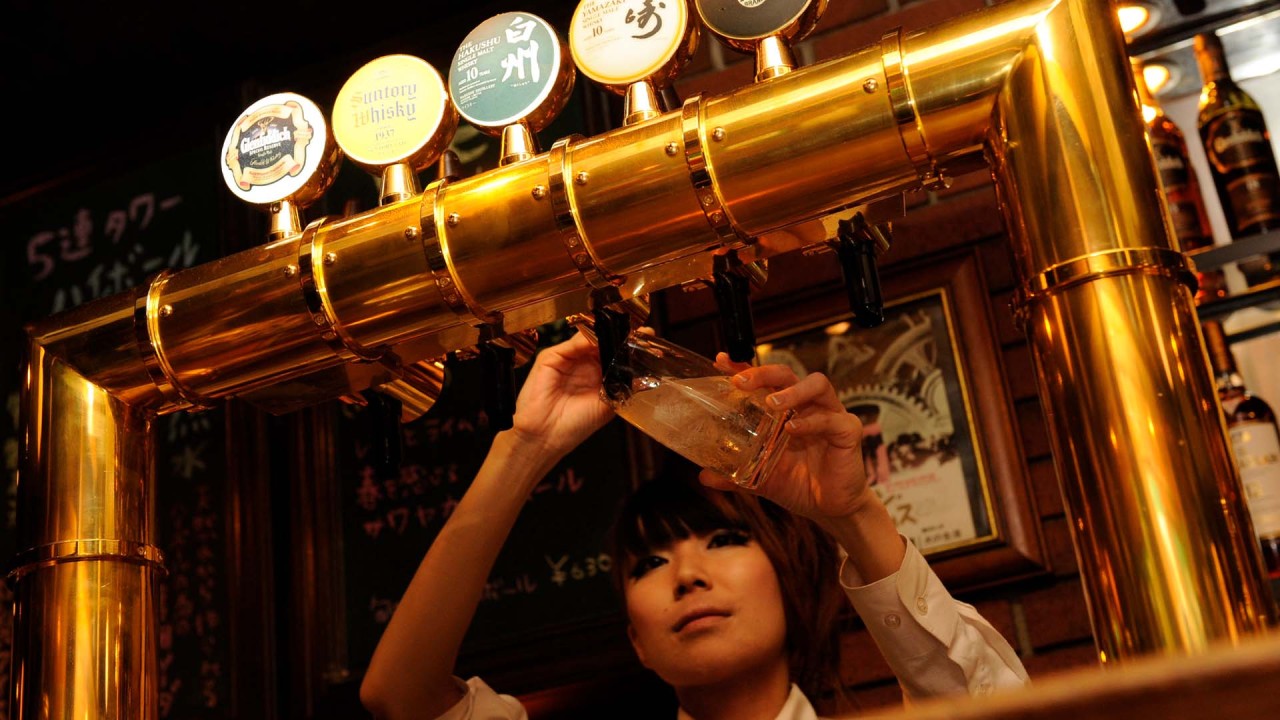Izumi Tsuji, a professor of the sociology of culture at Tokyo’s Chuo University, puts it down to the two key elements of the Japanese national character.
“We Japanese have two states, honne (true feelings or desires) and tatemae (facade),” he said. “Ordinarily, everything we do at work and in public is tatemae. We are polite and respectful to those around us, we follow the rules of society, and we keep ourselves under control.
“When we want to act freely, we enter our honne world,” he told This Week in Asia. “This is when we travel and relax, when we have our leisure time and yes, when we drink. This is when we show our true feelings and say what we are really thinking.
“The things we say and do when we are at drinking parties stay in that honne world, and what happens there can be used as an excuse.”

That attitude is reflected in the Japanese saying that suggests the person who is polite in their public life can be shameless in private, Tsuji said, with the nation’s legions of “salarymen” who in the past saw their limited amount of free time as “treasure” to be enjoyed as they saw fit.
And while times have changed, the attitudes of many men do not appear to have kept pace.
In May 2022, a senior official in the finance ministry was arrested after assaulting a fellow passenger on a train in Tokyo. Heihachiro Ono, the deputy vice-minister for policy planning and coordination, told police he was drunk and had no recollection of the confrontation.
Sumo champion Asashoryu in 2010 similarly had no recollection of a drunken scuffle in which he allegedly broke another man’s nose.
Last month, restaurant worker Hidenori Naka claimed he had no memory of damaging a taxi and refusing to pay a taxi fare after an altercation with the driver in September. A local bureaucrat in Sendai, in Miyagi prefecture in northern Japan, also could not explain why he had poured a container of his urine into a machine in a game centre.
The issue of public drunkenness and using it as an excuse for bad behaviour really caught the spotlight in December 2022, when a member of the Nagasaki Prefectural Assembly for the conservative Liberal Democratic Party was filmed performing drunken pull-ups on a train.
In a press conference to address his behaviour, Takatoshi Kitamura explained that he had been drinking at a high-school reunion, adding, “I don’t remember why I did the chin-ups.” Kitamura told the media that he planned to give up drinking.
“Being drunk and misbehaving is tolerated in this society; it’s accepted as a cultural norm,” said a member of the Tokyo branch of Alcoholic Anonymous.
“And someone who later says that they do not remember what they did, while they may be telling the truth, that does not mean they did not do it,” said the member, who asked not to be identified by name.
Tsuji, of Chuo University, says he enjoys a few beers after a long week at work, but says there are clear changes in the drinking habits of younger Japanese.
“This sort of thing seemed to be far more common 20 years ago,” he said. “Young people do not want to attend drinking parties like they used to in the past, so misbehaviour is less frequent now.”


